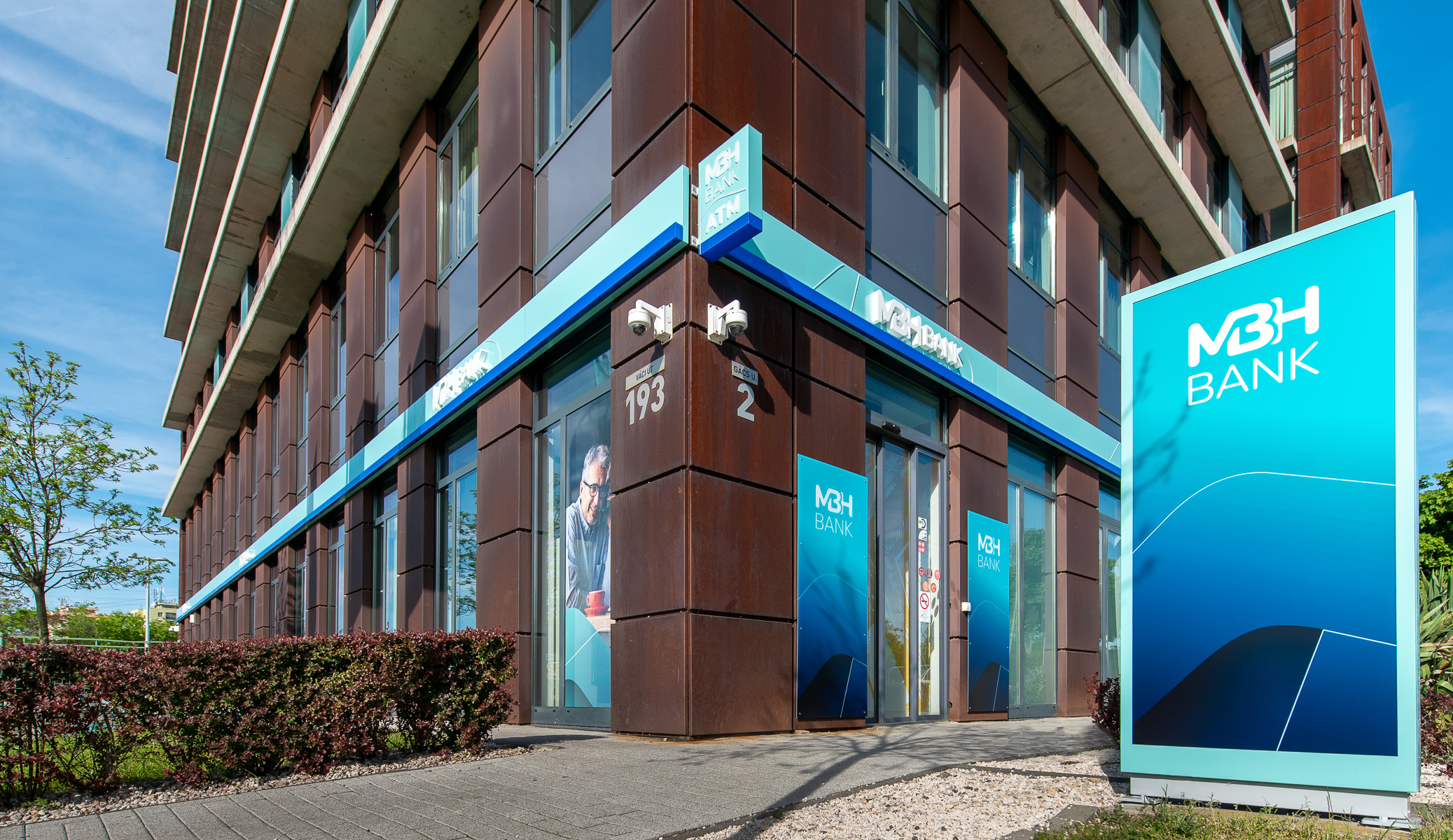Record Bond Issuance and New Markets at EXIM Hungary

The Hungarian Export Credit Agency (EXIM) became the talk of the town recently, after successfully performing a bond issuance, raising an unprecedented amount of financing on the market. In addition, huge European and OECD markets for export credit insurance have opened up for EXIM as a result of EU regulation relaxations brought about by COVID-19. We talked about these developments and new world economic trends with Gergely Jákli, president and CEO of EXIM Hungary.
Gergely Jákli
BBJ: At the beginning of October, you raised a considerable amount of funding from the market. Why was this needed as a state institution?
Gergely Jákli: First of all, it is important to know that Eximbank, like commercial banks, funds itself from the broader money market in addition to the capital provided by the owner [the state]. Due to its special nature, the bank does not collect customer deposits or maintain current accounts, but receives significant funds from international institutions, the European Investment Bank (EIB), the Council of Europe Development Bank (CEB) and the World Bank Group, as well as on a market basis; from commercial banks and bond issues as well. With the current bond issue, we have raised more than HUF 52 billion in funding, the largest in our history under Hungarian law. This is an excellent reflection of investor confidence and we are very proud of this success.
BBJ: This year is extraordinary; no one could have calculated with the COVID epidemic and especially its economic impact. What novelties has this brought to the world economy and to your operations?
GJ: The shock of the pandemic situation has reminded us all of the importance of diversifying customer and supply relationships as well as the relationships needed for the operations of businesses in general, as in this changed situation there is a serious risk if entire production, supply and distribution chains fall geographically into one zone. Significant production capacities are expected to “migrate” between continents: there will be capacities that will leave Central Europe, but there will certainly be many that will come here, creating more opportunities for domestic companies.
The Hungarian economy is extremely open (86-87% of GDP comes from exports, 80-90% of exports go to the EU), so we consider it a priority to help the exports of domestic companies as much as we can, as in many strata, domestic economic actors are organized around them. To this end, we have redesigned several of our services and products to better suit the mitigation of the damage caused by the extraordinary situation and to help domestic companies through the crisis.
BBJ: What should we know about new products, and how have they been received on the market?
GJ: In addition to our existing loan and insurance schemes, we launched so-called COVID-19 Compensation Programs in May. Within this, there is both a Compensation Loan Program and a Compensation Loan Protection Program, i.e. banking products for the rapid supply of funds to companies, as well as the Compensation Insurance Program. To date, we have received applications for more than HUF 300 billion in compensation loans and signed loans for approximately HUF 150 bln, so we can say that we are the second most successful among the statesubsidized loan programs behind the National Bank of Hungary’s FGS (Funding for Growth Scheme).
As for the Compensation Insurance Program, a European Commission decision this year allowed us to provide export credit insurance for export shipments to the European Union and other developed OECD countries around the world on a temporary basis until June 30, 2021, in order to alleviate the economic damage caused by the epidemic. In simple terms, we can provide export insurances of deferred trade receivables from export buyers operating in any country in the world. In addition to taking on the risk of non-payment by foreign customers, we are able to pre-qualify a potential foreign customer with our knowledge and experience, so we can essentially be business decision-making partners for export-minded companies. And in case of customer non-payment, of course, we, with our budget background, pay the counter value of the invoice.

SUPPORT THE BUDAPEST BUSINESS JOURNAL
Producing journalism that is worthy of the name is a costly business. For 27 years, the publishers, editors and reporters of the Budapest Business Journal have striven to bring you business news that works, information that you can trust, that is factual, accurate and presented without fear or favor.
Newspaper organizations across the globe have struggled to find a business model that allows them to continue to excel, without compromising their ability to perform. Most recently, some have experimented with the idea of involving their most important stakeholders, their readers.
We would like to offer that same opportunity to our readers. We would like to invite you to help us deliver the quality business journalism you require. Hit our Support the BBJ button and you can choose the how much and how often you send us your contributions.









